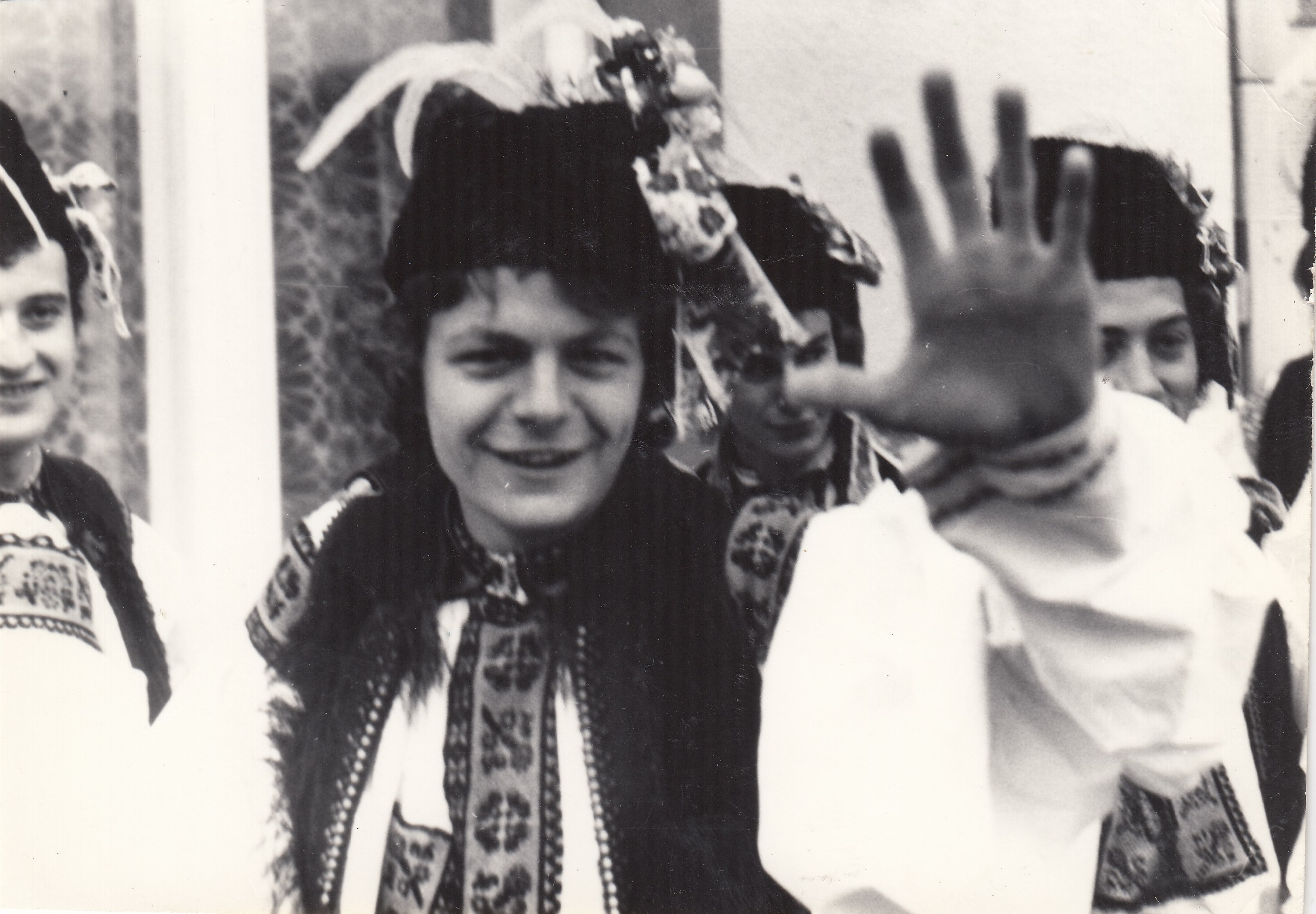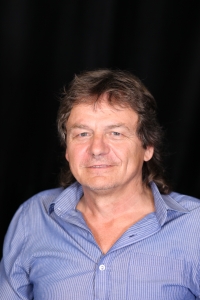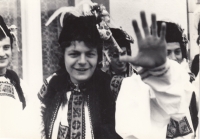Learn to love yourself so you could learn to love your neighbor

Download image
Jan Schejbal was born on August 13, 1960 in Moravský Krumlov. While studying at secondary school of engineering in Vysoké Mýto, he got into the rock music scene; he had been organising events where recorded music had been played and discussed; he was also one of the founders of a film club in Vysoké Mýto. He had been working as a lecturer and he also helped to organise the film screening programme. While attending meetings of film club representatives he met various people from the film industry, from the so called ‘gray zone’. During his compulsory military service in the 1980s, he had been aware of what was happening in neighboring Poland, inducing the chance of Czechoslovak soldiers invading Poland. In the late 1980s, he attended several cultural events which had established itself as a platform for critique of the communist regime. In the summer of 1989, he witnessed a performance by Joan Baez at Bratislavská Lyra music festival. After a movie festival in Trutnov in the summer of 1989, he met Mr and Mrs Havel at Hrádeček. During the Velvet Revolution he was one of the founders of the Civic Forum in Vysoké Mýto; he took part in protests against Soviet troops in the country and he also was a municipal politician.

